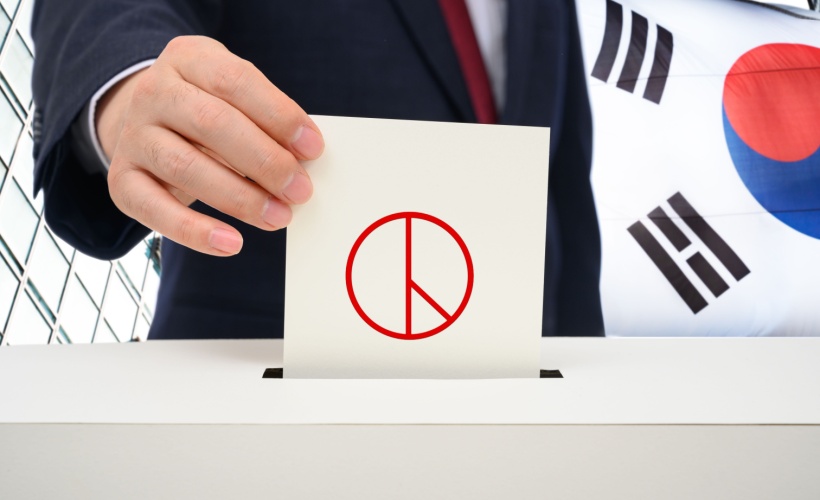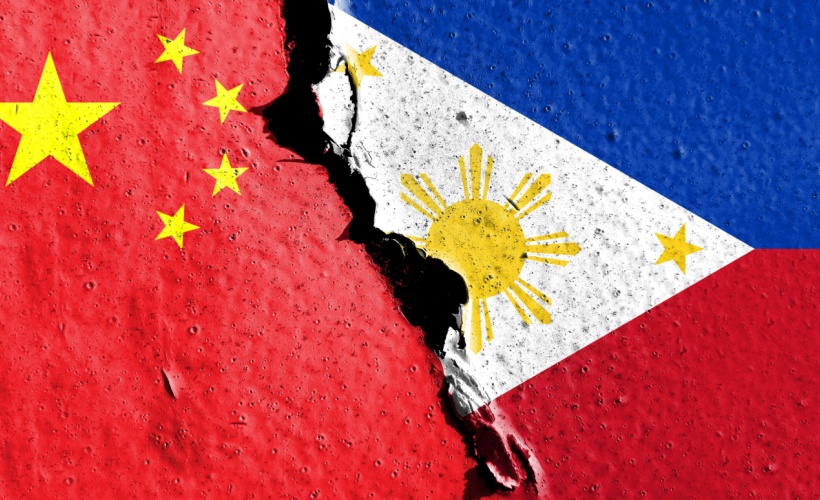By Patrick McAlary, Research Assistant
On 03 August 2023, the Centre for Geopolitics hosted an online panel to discuss the Comprehensive and Progressive Trans-Pacific Trade Partnership (CPTPP), an Asia-Pacific trade bloc consisting of eleven countries to which the UK has formally agreed to join in July 2023. The panel was chaired by Professor William Hurst (Centre for Geopolitics) and consisted of Bill Hayton (Chatham House) and Dr Chun-Yi Lee (University of Nottingham).
From the TPP to the CPTPP
Professor Hurst opened by explaining how the CPTPP grew out of an earlier agreement spearheaded by the United States and Japan known as the Trans-Pacific Partnership (TPP). When the US backed out of the TPP in 2018 the remaining eleven countries decided to forge ahead, and in 2018 they put into place a new framework known as the CPTPP. Since 2020 several countries have applied to join the trade bloc and the UK is set to become the first successful new member.
A Victory for Post-Brexit Britain?
Bill Hayton highlighted how the UK’s entry into the CPTPP had garnered something of a bad rap. The economic impact for the UK is estimated to be quite marginal and its impact is sometimes compared, unfavourably, with the beneficial economic impact of being inside the European Union (EU). He pointed out that, given the UK’s exit from the EU, it made sense to make trade deals. The significance of the CPTPP for the UK Government, however, goes beyond economics: it has symbolic, political, and rhetorical value for a Government that has, in word at least, turned its gaze away from Europe to seek new ventures. As such, the UK’s accession to the CPTPP, signed on 16 July 2023, takes on totemic significance and alongside its status as a Dialogue Partner to ASEAN (since 2021) and its military commitments in the region acts as the third leg in the UK’s Indo-Pacific tilt.
The Geopolitics of the CPTPP
Dr Chun-Yi Lee, co-editor with Michael Reilly of China, Taiwan, the UK and the CPTPP: Global Partnership or Regional Stand-Off?, brought the conversation to the thorny issues of China and Taiwan, which both applied to join the bloc about nine months after the UK. While the CPTPP is primarily an economic vehicle, Dr Lee explained that for Taiwan especially, it has important political implications. Taiwan is excluded from another major regional free-trade bloc: the ASEAN-China Free Trade Area made up of the ten ASEAN members and China. However, geopolitical realities may place impediments to China and Taiwan’s ambitions to join the CPTPP.
Dr Lee highlighted that it is unlikely that countries such as Brunei, Vietnam, and Singapore would be comfortable supporting Taiwan if China was left in the cold. At the same time, throwing the doors open for China to join the club is contradictory to the policy of countries like Japan and Australia. Despite backing out of the original TPP, the influence of the US is not absent either, as Mexico and Canada’s attitude to China may be influenced by their participation in the lucrative North American Free Trade Agreement. As Mr Hayton summarised: political pressure could be borne on any member state to influence the accession of China or Taiwan, meaning that their inclusion may depend on a grand deal that encompasses both.
As Professor Hurst outlined, however, there is room to think of more imaginative ways in which China could engage with the CPTPP. While unlikely, China could limit its application to Hong Kong, which would be more difficult for countries like the UK to reject. In doing so, China could reinvigorate the ‘one country two systems’ approach that has been in decline since 2019 and help to reintegrate Hong Kong into the global financial system. Leaving such scenarios aside, panellists agreed that it was difficult to see a case where either China or Taiwan were admitted without the other.
Security Implications Related to the CPTPP
Professor Hurst asked the panellists whether the CPTPP had implications for the security of individual members and the region more broadly. Mr Hayton explained how the CPTPP could serve to tighten developing political and military, as well as economic, ties between member states, such as the growing partnership between the UK and Japan. Dr Lee pointed to a less conventional, but vital, aspect of security that is embedded deeply into the CPTPP agreement: data sharing. The agreement’s data sharing component raises the question of who the members would be comfortable sharing data with. This has important implications if China were to succeed in joining the bloc, but data-sharing requirements could create tensions between existing members.
Data sharing and privacy protection concerns also have implications for the stability of the framework as it stands. As Professor Hurst pointed out, the UK has retained many EU rules that apply to data and privacy and the UK’s continued membership of the CPTPP could be tested if there was pressure to abrogate these rules. Moreover, other countries such as Canada, New Zealand, and Australia have their own robust rules for data protection and privacy. Ultimately, the connectivity facilitated by the CPTPP will help draw member states together, but it may also create tensions between them.







